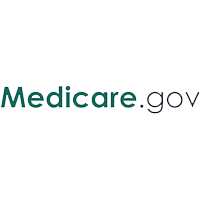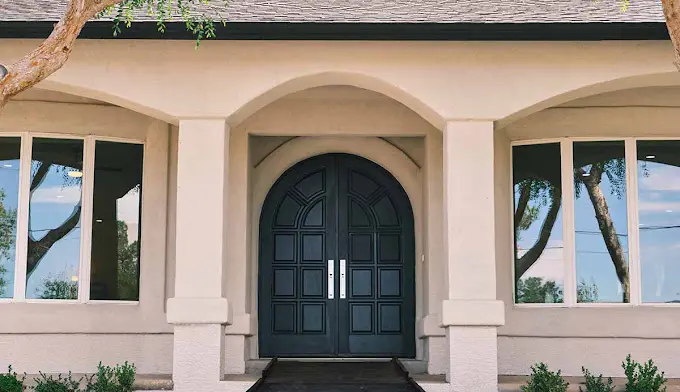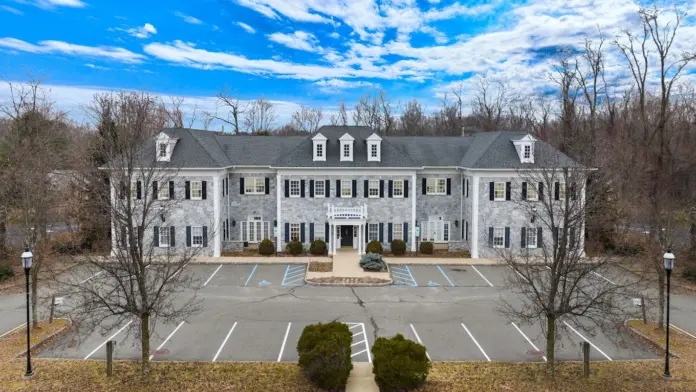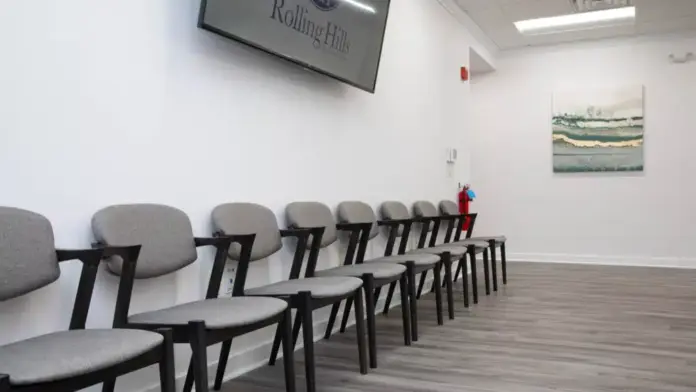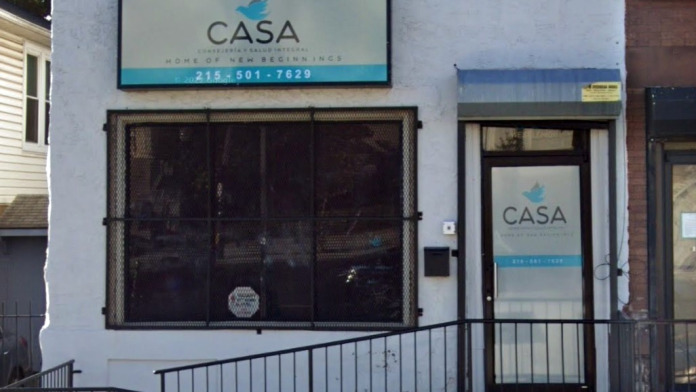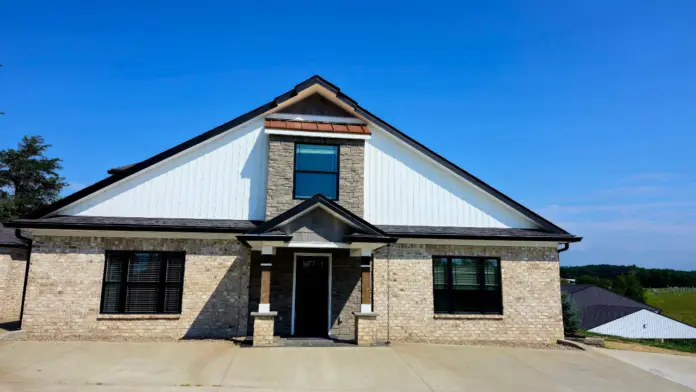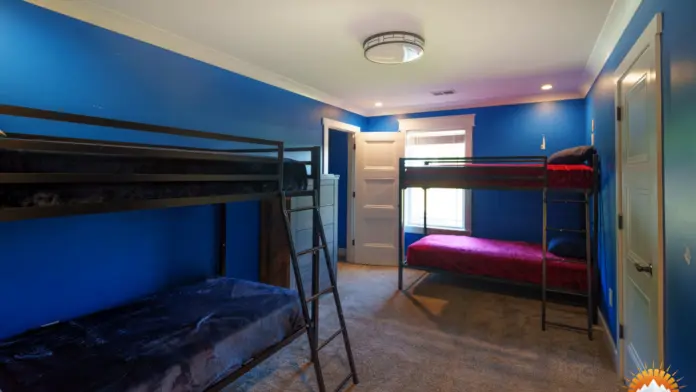Original Medicare and Medicare Advantage both cover medically necessary treatment. You can work with your doctor to get a treatment plan showing what levels of care you need and for how long.
Inpatient drug rehab, delivered in a clinic or a hospital, is covered by Medicare Advantage plans or Original Medicare Part A when an inpatient setting is medically necessary. There can be limits on the number of days covered depending on the type of facility, so be sure to check your plan details.
Original Medicare may cover partial hospitalization, or day programs, that are located in a hospital outpatient department or community mental health center if you meet specific requirements. Here, patients attend treatment during the day and return to their homes at night. PHP program sessions often take place for 4-8 hours a day, three to five days a week, and provide at least 20 hours of treatment a week. Day programs typically last for 3-4 weeks, but it can go up to several months.
Original Medicare and Medicare Advantage also cover intensive outpatient substance abuse rehab treatment. Intensive outpatient programs typically involve 9 to 20 hours of treatment per week, with these hours spread over 3 to 5 days. Intensive programs generally last around 90 days and include individual, group, and family counseling, and addiction and relapse prevention education. This category also includes medication assisted treatment (MAT).
Medicare Advantage and Original Medicare Part B cover telehealth visits for substance use disorder and co-occurring mental health disorders along with mental health treatment and behavioral health services. For these services you don’t have to worry about being in a rural medical facility — you can receive them at home.
How Did Medicare Mental Healthcare Change in 2024?
The most significant change to Medicare substance abuse coverage that occurred on January 1, 2024, is the inclusion of additional mental health providers who are now eligible to be reimbursed by Medicare for their services and can therefore be more available to Medicare patients.
Previously only psychiatrists and psychologists along with clinical social workers were Medicare eligible providers. Now licensed professional counselors and mental health counselors along addiction counselors are Medicare eligible. The list also includes marriage and family therapists and alcohol and drug counselors.
This long awaited change makes it possible for many clients who could not afford to pay out of pocket for their treatment to access the services they need. According to the American Counseling Association about 200,000 new mental health counselors will enroll as Medicare providers.
